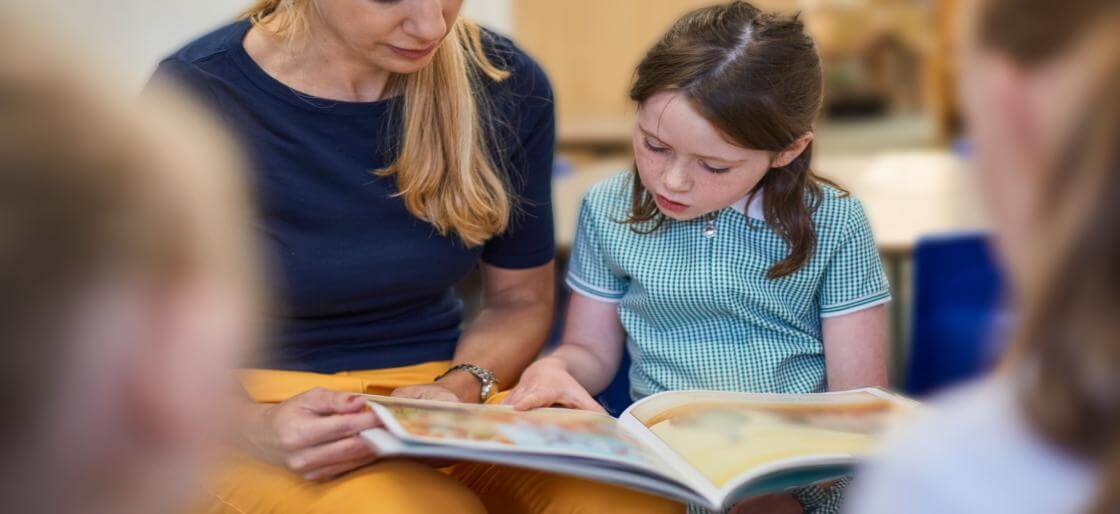News
Helping children to read with groundbreaking technology

Date Published
26/05/2021
Reading time
5 mins
The past year has seen unprecedented changes in children’s education and, as the novelty of being physically back in school wears off, the differences in children’s learning are becoming more apparent. As a result of the pandemic and associated lockdowns, many families have experienced job insecurity, economic hardship and bereavement, and some children have suffered more than others.
To investigate the effect of Covid-19 on children’s learning and literacy, The BBC One Show sent poet, writer and musician Benjamin Zephaniah to a primary school in Farnham.
His education was disrupted because he moved around a lot as a child, and he shares his own personal experiences of struggling to read.
Despite being a successful poet and professor who has written more than 20 books, Benjamin was diagnosed with dyslexia as an adult. Throughout the feature he reflects on the fact that this wasn’t identified during his time at school. Since then, the technology for analysing children’s reading has advanced significantly.
The feature explores how a number of schools across the UK are using our groundbreaking technology to support children with their reading and pinpoint any areas where they might need help.
Benjamin sits the eye tracking assessment during the feature and discusses the insights it’s able to offer into his own reading, as well as for a number of children in the school.
Make an Enquiry
Contact us to enquire about our servicesOr, call us on 0333 300 1900
